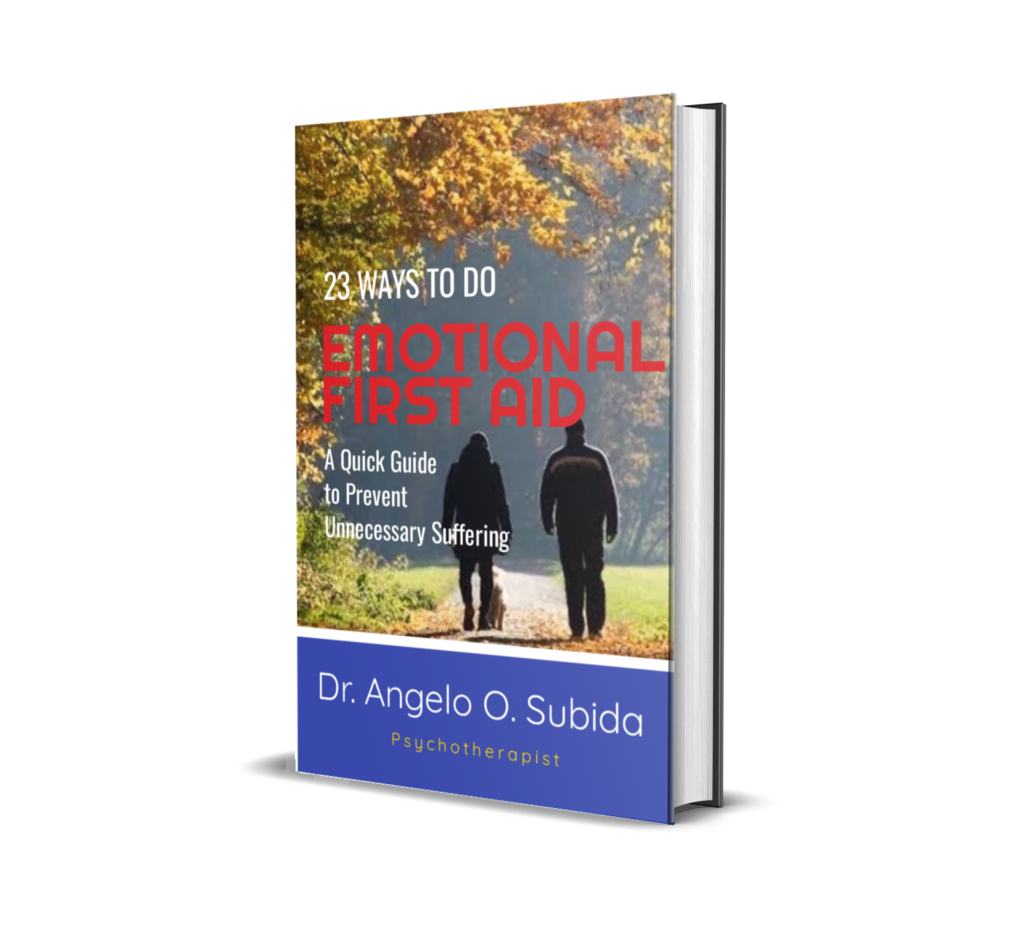Healing happens at a point when you can already be at ease with your self and memories.
It’s the fullness of time. Psychotherapy provides for that need for concord or consonance.
Expression of your whole story during the process starts it. So you can move towards deeper awareness and resolution.
As noted author, therapist, and counselor Wendy Lustbader remarks,
“Convergences of remembrance and emotion brook no postponement. When feelings bound to the past are suddenly emancipated, we need someone to take the time to hear us out.”
When patient Rissa was sobbing while telling her childhood story, I knew I had to listen with much care.
“My father raped me doc when I was 9. And it continued till I ran away from home. I kept it to myself and from my mother all these years,” she shared in a Zoom session.
It was so psychologically and emotionally traumatic for Rissa.
There seemed no escaping that she developed unwanted addictions: drugs, alcohol, multiple casual sex with both men and women, and raging anger.
Had I been too hurried or interrupting even for more than one sentence, she would not have started completing her cycle.
Lustbader explains,
“In telling our most painful stories to someone else, we simultaneously repeat our suffering and allow it to evolve into something we can bear … when someone receives what we are feeling and remembering, a progression is set in motion that can lead to repose.”
We deliberately return to the beginning to make a healing ending. To have our lives culminate in something that is satisfying and makes sense.
That’s how the incomplete is made complete in your life. You learn then to finally be at ease with your self and memories as a result.
What is your story?
“Every person’s life is worth a novel.”— Erving Polster
MyOnlinePsychotherapyPh.Com



